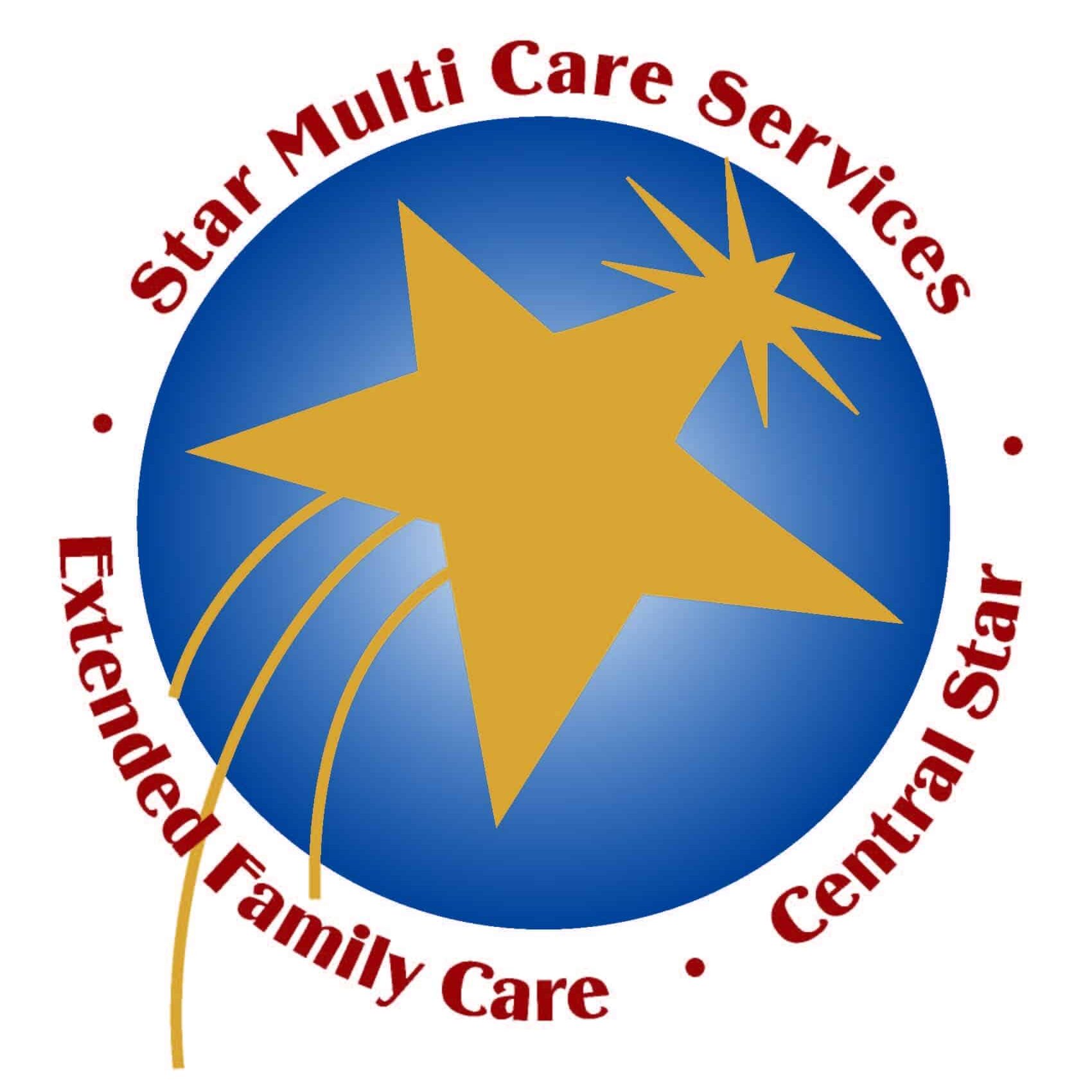As our population ages, the need for comprehensive and compassionate care for seniors becomes increasingly critical. While many aging individuals are fortunate to have strong family support, there are still numerous reasons why client advocacy services are essential.
These services play a crucial role in ensuring that seniors receive the care, respect, and attention they deserve. We’ve put together 6 great reasons why client advocacy services are so important for aging seniors, even when they have a strong family network.
Reason #1: Navigating Complex Healthcare Systems

Healthcare systems can be incredibly complex and difficult to navigate, especially for seniors who may have multiple health issues or cognitive impairments. Even the most supportive families can struggle to keep up with the demands of managing appointments, understanding medical terminology, and ensuring all aspects of their loved one’s care are coordinated effectively.
Client advocates are trained professionals who specialize in understanding and navigating the healthcare system. They can help seniors and their families make sense of medical diagnoses, treatment options, and care plans. By ensuring that seniors receive timely and appropriate medical care, client advocates help prevent medical errors and improve health outcomes.
Reason #2: Ensuring Rights and Respect
Seniors are often vulnerable to having their rights overlooked, whether in healthcare settings, residential facilities, or even within their own homes. Client advocacy services are vital in protecting the rights of seniors, ensuring they are treated with dignity and respect. Advocates can step in to address issues such as neglect, abuse, or discrimination, providing a voice for those who may not be able to speak up for themselves.
In situations where family members might unintentionally overlook certain aspects of their loved one’s rights, advocates provide an impartial perspective. They ensure that seniors’ wishes and preferences are honored, particularly in areas like end-of-life care, living arrangements, and medical treatments.
Reason #3: Bridging Gaps in Family Support
While strong family support is invaluable, it is not always sufficient to meet all the needs of aging seniors. Family members may live far away, have demanding jobs, or lack the specific knowledge required to handle complex care situations. The emotional burden of caregiving can lead to burnout, making it challenging for families to provide consistent and comprehensive support.
Client advocacy services can bridge these gaps by offering professional expertise and additional resources. Advocates work collaboratively with families, complementing their efforts and providing specialized knowledge and support. This partnership ensures that seniors receive the best possible care without overburdening their family members.
Reason #4: Facilitating Communication and Coordination
Effective communication and coordination are essential for providing high-quality care to seniors. When multiple healthcare providers, caregivers, and family members are involved, it can be challenging to keep everyone on the same page. Miscommunications can lead to misunderstandings, errors in care, and increased stress for both seniors and their families.
Client advocates act as liaisons, facilitating clear and consistent communication between all parties involved in a senior’s care. They ensure that information is accurately conveyed, care plans are followed, and any concerns are promptly addressed. This coordination helps prevent gaps in care and enhances the overall quality of life for seniors.
Reason #5: Accessing Resources and Services
Seniors often require a range of services, from medical care and therapy to social support and financial assistance. Navigating the myriad of available resources can be overwhelming for both seniors and their families. Client advocates are well-versed in local, state, and federal resources available to seniors, and they can help identify and access these services.
Advocates can assist with everything from securing home health aides and transportation services to applying for benefits and finding community programs. By connecting seniors with the appropriate resources, client advocates help ensure that all their needs are met, promoting independence and well-being.
Reason #6: Providing Emotional Support
The aging process can be emotionally challenging for seniors, who may face issues such as loss of independence, loneliness, and anxiety about their future. Family members, while supportive, may also struggle with their own emotions and stress related to caregiving.
Client advocates provide essential emotional support to both seniors and their families. They offer a compassionate, listening ear, and practical advice for coping with the challenges of aging. This emotional support can significantly improve the mental health and overall quality of life for seniors and provide families with much-needed reassurance and guidance.
Client advocacy services play a crucial role in the care of aging seniors, offering benefits that extend far beyond what even the most supportive families can provide. From navigating complex healthcare systems and protecting seniors’ rights to facilitating communication and accessing resources, advocates are indispensable in ensuring that seniors receive comprehensive, respectful, and high-quality care.
By integrating client advocacy services into the care plan, families can ensure that their loved ones are supported in every aspect of their lives, enhancing their well-being and quality of life.
If you or an aging loved one are considering Client Advocacy Services in Northport NY, please get in touch with the caring staff at Star Multi Care today. Call (631) 424-7827
Star Multi Care is a Trusted Home Care Agency serving Long Island and in NYC including Dix Hills, Floral Park, Great Neck, Huntington, Manhasset, Massapequa, Northport, Plainview, Rockville Center, Stonybrook, Suffolk County, Nassau County, and Queens County.
- Health Benefits of Yoga for Seniors - April 24, 2025
- How Does Hospice Care Help Aging Adults Plan for the End of Life? - April 16, 2025
- Ways a Client Advocate Can Improve Your Loved One’s Quality of Life - April 9, 2025

